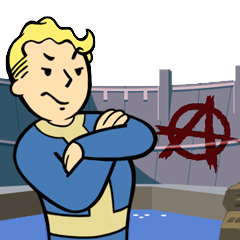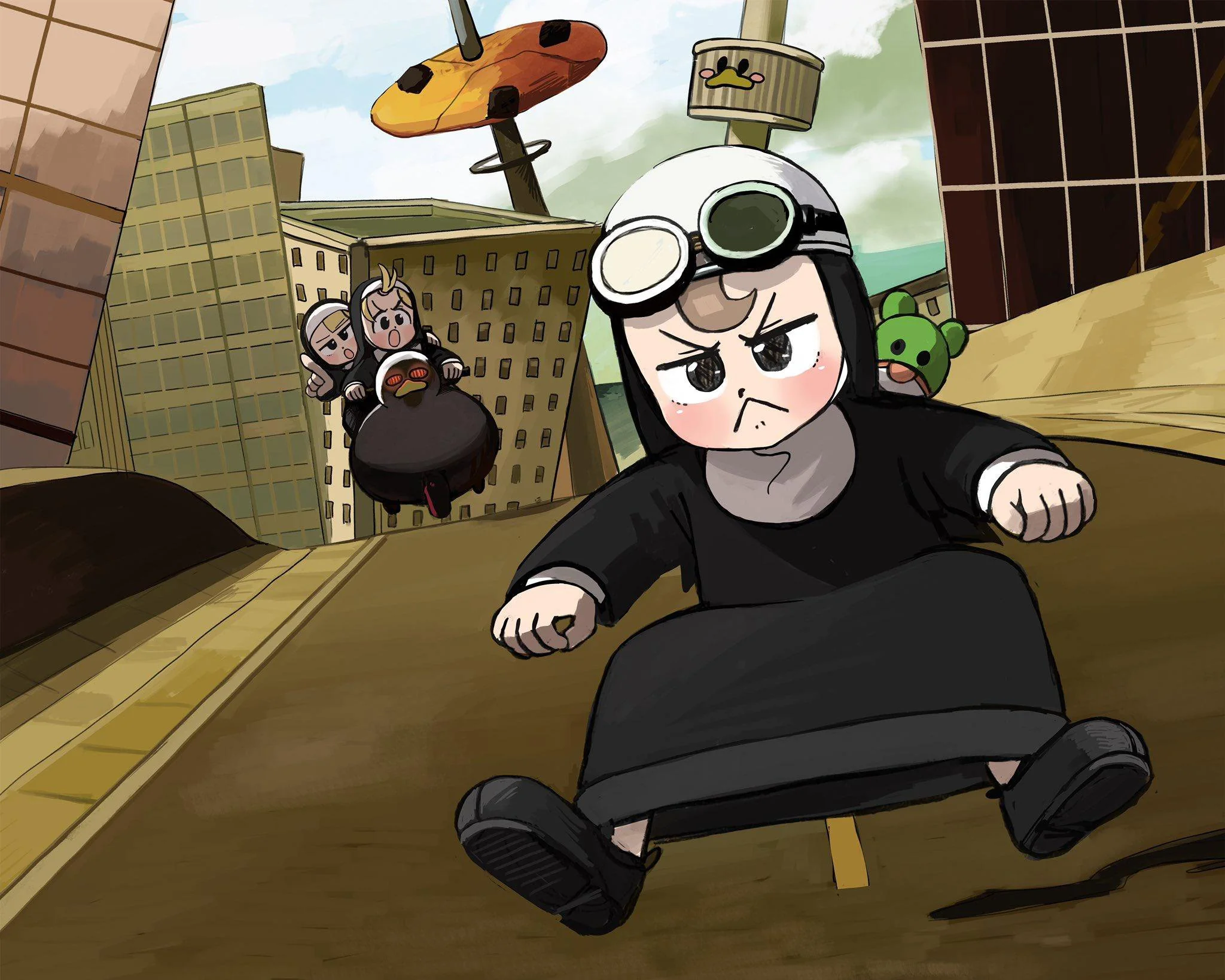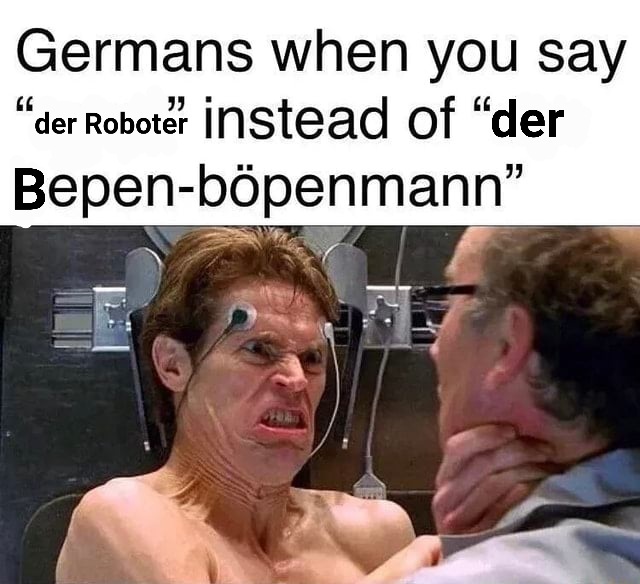Der Roboter
Der bëpen-böpenmann.
Domo arigato Mr. Bepenbopenmann
*Herr Bepenbopenmann
So ein Blödsinn.
Klingt wie der Bi-Ba-Butzemann und das ist kein Roboter.
das Stör(t) mich
Hahaha
yeah
No, Germans just do that.
Germans when you say
Once I dared to not call a Blahaj a “die Transgenderenhaifisch”.
excuse me but its “Das Transgenderhaifischplüschtier“
Incredible they have a word for that. They really think of everything.
The German language is like legos. You can just slap words together to make new ones.
Like glove. It’s Handschuh in German, which id hand-shoe. The language is full of words like this.
Such a shame that the German for shoe isn’t foot-glove.
To prevent recursion obviously. It’s like you have never languaged in your life.
It’s just shrimple compound words and maybe agglutination. You can form words decently synthetically (although not very agglutinatively) in English to an extent too – in fact, English loves affixes quite a lot despite generally being more analytic than synthetic. For example, I now will demonstrate bipreindefenestratability. A word you might actually be able to find in dictionaries is “propreantepenultimate”. Then there’s words like “goodbye”, formed from “God be with ye”.
Another similar concept that doesn’t go as far as agglutination is compound words, which English also likes (often times they may have a hyphen or space between them in writing though, rather than just being glued together).
Germanic languages (including Old English and Old Norse) used to all have extensive compound word formation, but it has slowly became less and less pronounced of a grammatical feature over time in most languages. Another comment mentions German “Handschuh” (“Hand” + “Schuh”, handshoe), there’s also Dutch “handschoen” and Luxembourgish “Händsch”; well Old English had “handscōh” (“hand” + “sċōh”, handshoe). Plus Modern English words like “handkerchief” (hand + kerchief/coverchef).
Excuse me it’s Blåhaj
Swedes, when you type Blahaj instead of Blåhaj, because you’re too lazy to switch from your physical to on-screen keyboard with diacritic support.
(Any way to type special letters on Android without installing different key layouts while on a bluetooth keyboard?)
hold the key, most of the time the appear
ë needs to become a letter in German
It is! Even if it’s very, very rare.
But it does exist, for example in the Name of Bernhard Hoëcker, where it denotes a pronounciation of Ho-ecker instead of Höcker.
Wow, I didn’t realize this
there is no need for it… but ß needs to be gone
ß is my favorite. All the fun of cursive qs and zs, with significantly more applicability
Now that we’ve got ẞ I’m fine with keeping ß
Are you Swiss or something? ẞ is be best letter.
Die you know, that ß is more frequently used than x, y, q and even j?
the gërman, brothër
The ‘eu’ in deutsche is an umlauted e.
It’s “die bëpen-böpenmann”, stupid!
deleted by creator
Was zum fick ist ein biben böbermanm?!
ich_iel users be like
Isn’t robot Polish?
It’s Czech
Written by the Czech Karel Čapek in the play Rossum’s Universal Robots
I can see it. There are a few tropes that come to mind:
- Robot is unique and alone
- Robots outlive their creators/creating civilization
- Robots discarded after their usefulness expired
And looking into the etymology of orphan makes it even clearer. Robots are often depicted as being dereft of rights, feelings etc.
It’s more because it comes from slave (arbeiten is also related), and both slaves and orphans deal with status changes, but that’s a lot more similarities than I had :)
how many german robots does it take to change a light bulb?
Supreme german LED light bulbs do not need changing.
1
However it is very unlikely that a lightbulb would need to be changed at the bëpen böpenmann facility because the electronics are very well maintained
Germans are efficient and not very funny.
Just like our bëpen-böpenmänner.
Nein
log by bulb
log by bolb*
Light bulb? You mean “Das leuchtën-blinki-blönki”?
Die Roboter
Der
Both are correct. German is funny that way.
One is plural and the other is singular.
However “die” is also the article for female nouns.
Die Bart, die
If read in German it would be literally translated mean: The beard, the.
But “die” is wrong for beard. It should be “der”
It was a Simpsons reference.
I know.
I have no experience with german language but i assume it say “beep boop man”?
it’s just rubbish
No that means trash
As the others said, it’s not a real translation. The e with the Umlauts isn’t even used in German. We only have äöü.
An acurate translation of robot would be “Roboter”
Makes me chuckle thinking of the show “Mr. Bepen-bopenmann”
Bepe bope man, loved it














